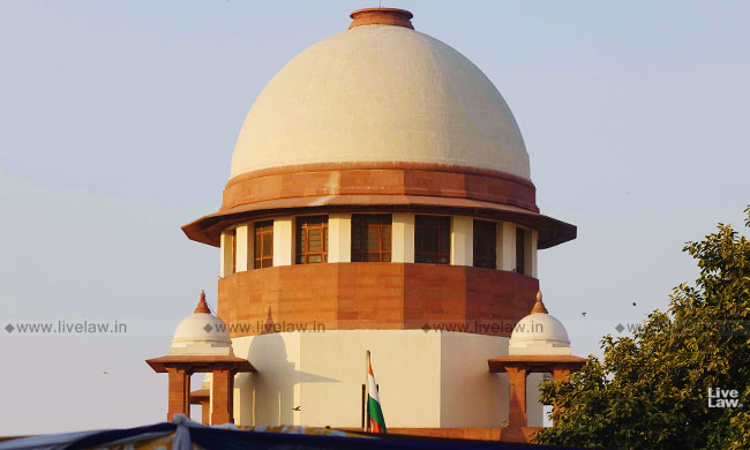Anonymous Electoral Bonds Promote Transparency In Funding Of Political Parties, Centre Tells SC
Manu Sebastian
14 March 2019 8:49 PM IST

Next Story
14 March 2019 8:49 PM IST
The scheme of electoral bond will "promote transparency in funding and donation received by political parties", said the affidavit filed by the Central Government today in Supreme Court.The affidavit is filed countering the petition filed by Communist Party of India(Marxist), which challenges the scheme as "an obscure funding system which is unchecked by any authority" Electoral bonds...
